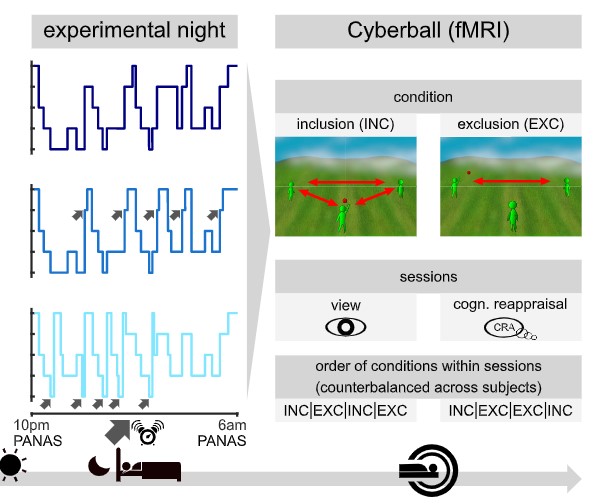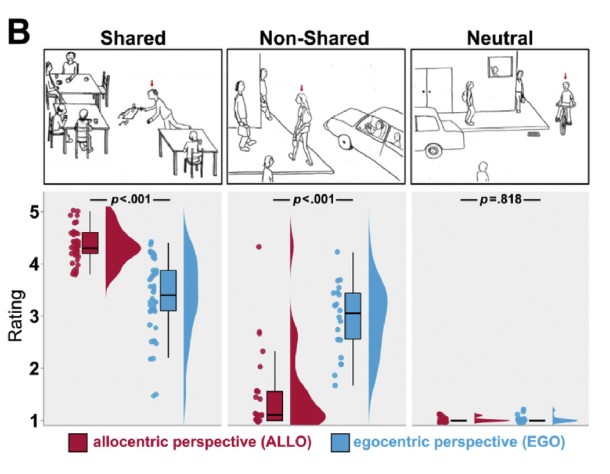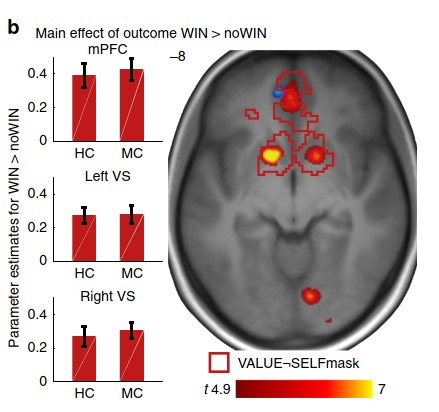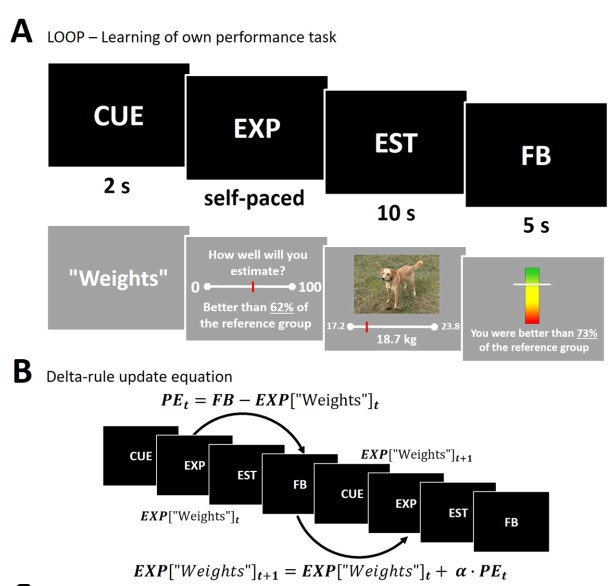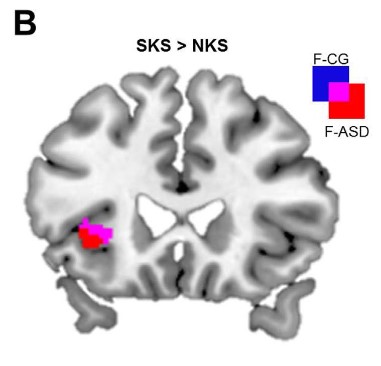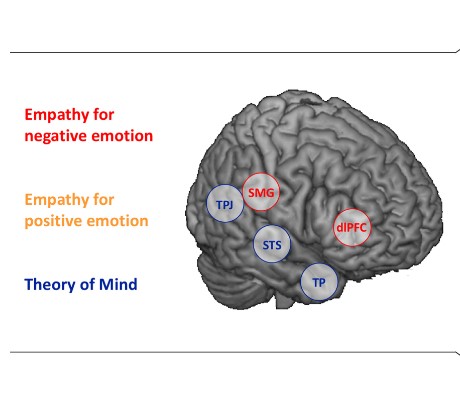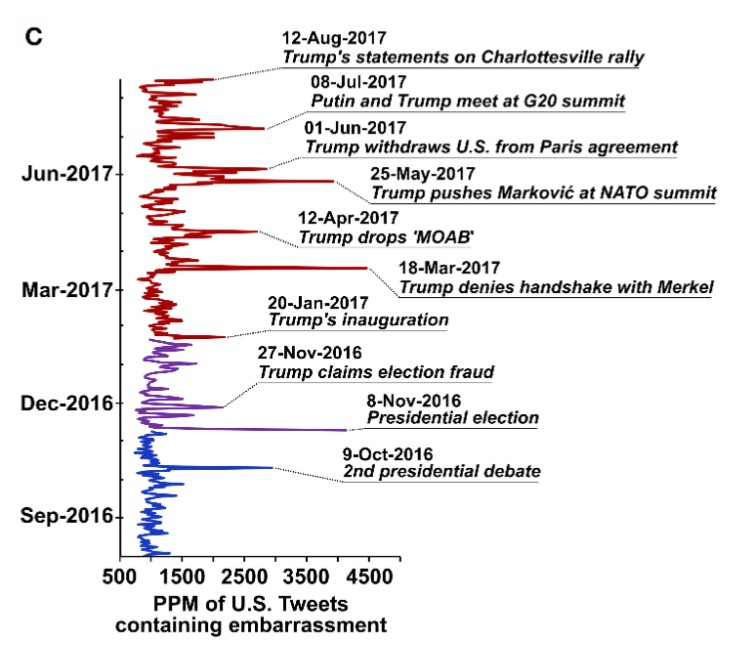The effect of REM sleep suppression on next-morning brain function during social exclusion – new publication in Scientific Reports
With strong effort and methodological expertise from David S. Stolz and Robert Glosemeyer, but also many other colleagues, we have finally managed to publish our sleep study data dating back to our time at Marburg University (2010-2015). Using polysomnography and next-morning fMRI we show that selective suppression of REM sleep impacts amygdala activity and connectivity during a classic social […]

